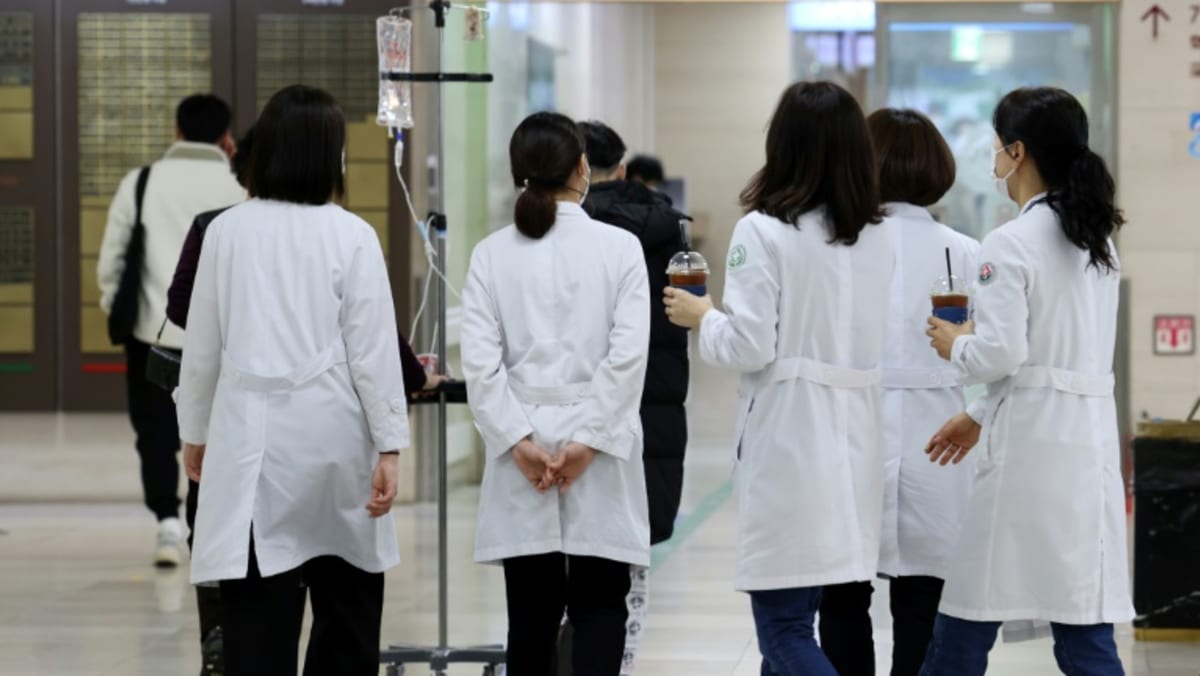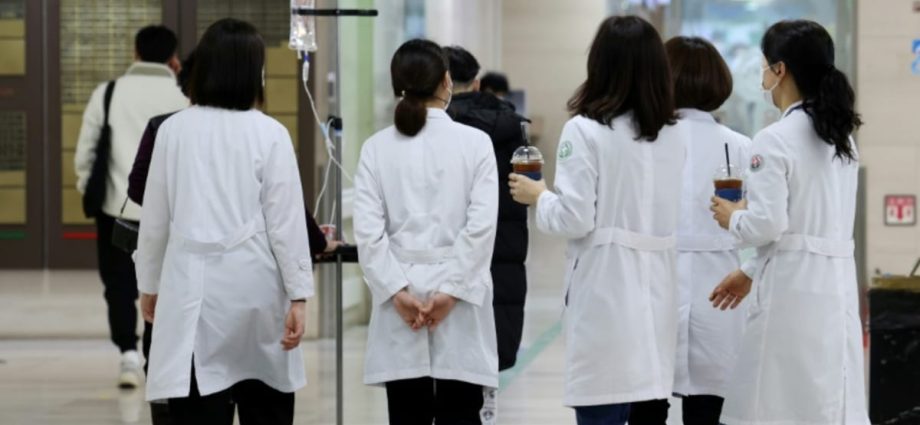
The police warned they could arrest “key instigators” of the work stoppages.
The training reforms call for a 65 per cent increase in the number of students admitted to medical schools, starting from 2025.
The plan is popular with the public, who experts suggest are tired of long wait times at hospitals, with a recent Korean Gallup poll showing over 75 per cent of respondents in favour, regardless of political affiliation.
But it has drawn fierce opposition from doctors, with the Korean Medical Association saying the government’s threats of legal action were akin to a “witch hunt” and claiming the plan would create a “Cuban-style socialist medical system”.
Vice Minister Park said the plan was necessary for South Korea’s fast-ageing society, with doctors set to be “overwhelmed with exponential demand” down the road if the current quota remained.
“Hospitals are already having hard time finding doctors now, and problems of accessing medical service in time have occurred repeatedly,” Park added.
More than 700 trainee doctors have resigned so far, the government said.
The defence ministry said it would open military hospital emergency wards to the public if the doctors pushed ahead with the strike, and was considering dispatching military doctors to civilian hospitals to help cover the shortfall.

